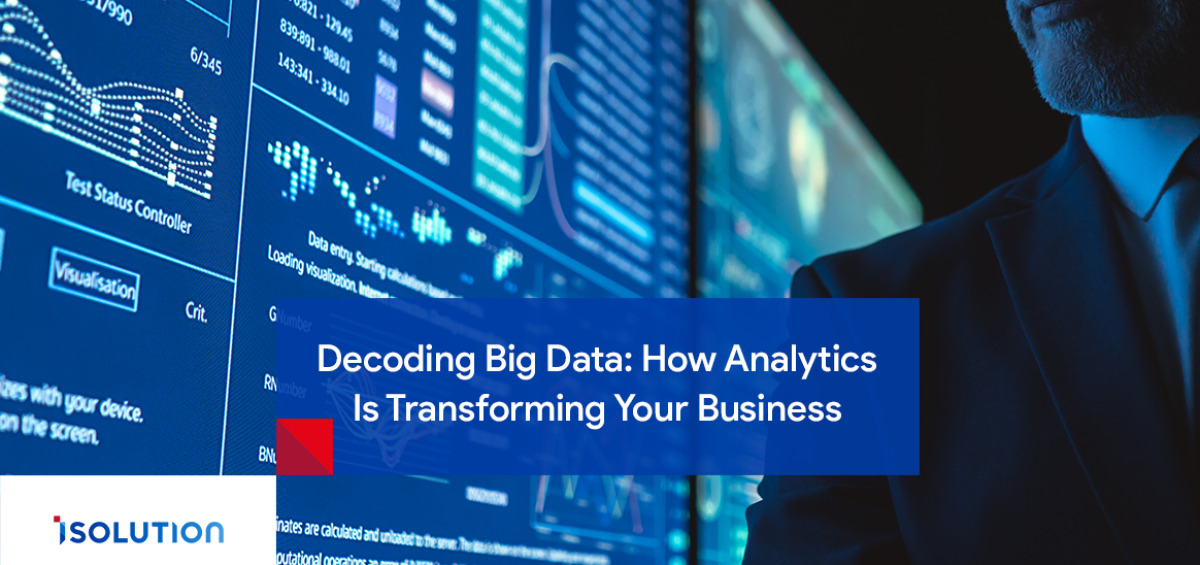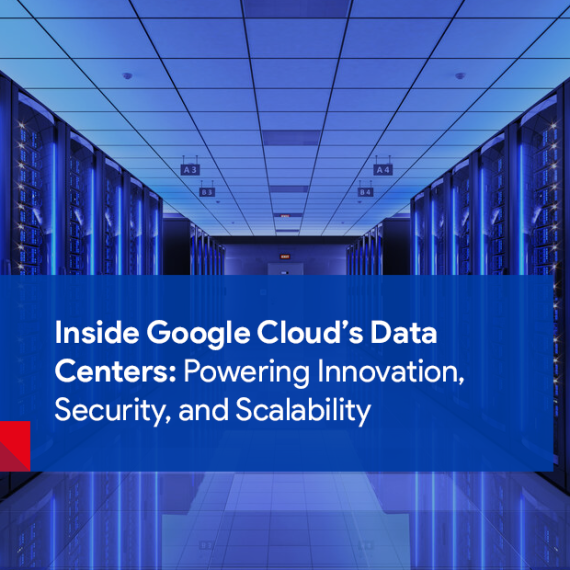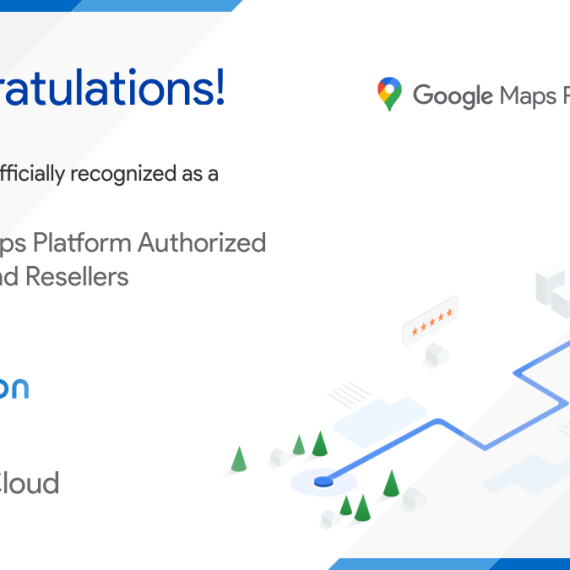Vast amounts of data are generated every second, providing incredible potential for businesses to enhance decision-making and revolutionize industries. As Bernard Marr describes, big data analytics is a discovery journey. The vastness of this knowledge can be daunting. However, when harnessed correctly, it offers transformative benefits to businesses. In this article, we will discuss how analytics is changing the business landscape and provide real-world examples and updated statistics to illustrate its impact.
The Role of Big Data in Modern Business
-
Enhancing Decision-Making Processes
Big data analytics allows organizations to make evidence-based decisions rather than relying on intuition. By analyzing historical data and identifying trends, companies can predict future outcomes, assess risks, and allocate resources more effectively. For instance, a study by NewVantage Partners in 2023 revealed that 97.2% of executives are investing in big data and AI initiatives, with 76.5% citing the enhancement of decision-making capabilities as a critical benefit.
-
Improving Operational Efficiency
Big data analytics significantly improves operational efficiency by streamlining processes and identifying bottlenecks. For example, UPS utilizes big data analytics to optimize its delivery routes, saving an estimated 10 million gallons of fuel annually and reducing carbon emissions by 100,000 metric tons.
Key Technologies Driving Big Data Analytics
-
Machine Learning and AI
Machine learning and AI are pivotal in processing and analyzing large datasets. These technologies enable predictive analytics, allowing businesses to forecast trends and customer behaviors. According to Gartner, AI and machine learning drive 75% of all enterprise applications during 2024.
-
Data Mining and Warehousing
Data mining involves exploring large datasets to uncover patterns and relationships. Data warehousing provides the infrastructure to store vast amounts of data. For example, Amazon’s data warehousing solutions allow businesses to analyze customer data, improving personalized marketing strategies.
-
Cloud Computing
Cloud computing offers scalable solutions for storing and processing big data. It enables businesses to handle large volumes of data without investing heavily in physical infrastructure. IDC forecasts that global spending on cloud services will reach $1.3 trillion at the end2025, emphasizing the growing reliance on cloud-based big data solutions.
Impact on Different Business Sectors
-
Healthcare
In healthcare, big data analytics enhances patient care and streamlines operations. Predictive analytics can identify potential outbreaks of diseases, while patient data analysis improves treatment plans. A McKinsey report highlights that big data could save the healthcare industry up to $450 billion annually.
-
Retail
Retailers use big data to personalize customer experiences and optimize inventory management. Walmart, for example, uses big data analytics to track customer preferences and ensure shelves are stocked with popular items, resulting in improved customer satisfaction and increased sales.
-
Finance
Big data analytics helps detect scams and risk management in the finance sector. JP Morgan Chase uses big data to monitor transactions and detect real-time scam activities, reducing potential losses significantly.
-
Manufacturing
Manufacturers leverage big data for predictive maintenance, reducing downtime and maintenance costs. General Electric uses big data analytics to predict equipment failures, saving millions of dollars in operational costs.
Big Data Analytics in Marketing
-
Personalizing Customer Experience
Big data analytics allows businesses to tailor products and services to individual customer preferences. Companies can offer personalized recommendations and targeted marketing campaigns by analyzing customer data. A report by Epsilon indicates that personalized emails can generate 6 times higher transaction rates.
-
Predictive Analytics for Market Trends
Predictive analytics enables businesses to anticipate market trends and adjust their strategies accordingly. Netflix, for instance, uses predictive analytics to recommend shows and movies to users, which has contributed to its growth, with over 230 million subscribers as of 2024.
Challenges and Solutions in Big Data Analytics
-
Data Privacy and Security Concerns
Handling large volumes of sensitive data raises privacy and security issues. Implementing robust data governance practices and complying with regulations like GDPR and CCPA are essential to mitigate these concerns.
-
Managing Data Quality and Integrity
Ensuring data accuracy and consistency is crucial. Companies must invest in data cleaning and validation processes to maintain high data quality.
-
Scalability Issues
As data volumes grow, scalable solutions are necessary. Cloud computing and distributed file systems offer scalable infrastructure to manage big data effectively.
How Leading Companies Are Leveraging Big Data?
Companies like Google, Amazon, and Facebook are at the forefront of leveraging big data analytics to enhance their services and user experiences. Google’s search algorithms, Amazon’s recommendation engine, and Facebook’s ad targeting are prime examples of big data analytics.
In conclusion, Big Data Analytics transforms businesses by enabling data-driven decision-making, improving efficiency, and fostering innovation. As technology evolves, its potential will only expand, making it an indispensable tool for modern businesses. Embrace Big Data Analytics today to stay competitive and drive your business forward in the digital age.







Leave a Comment